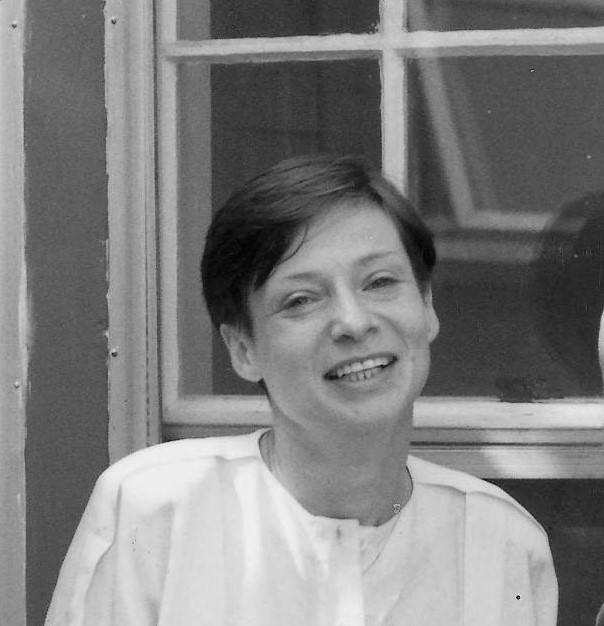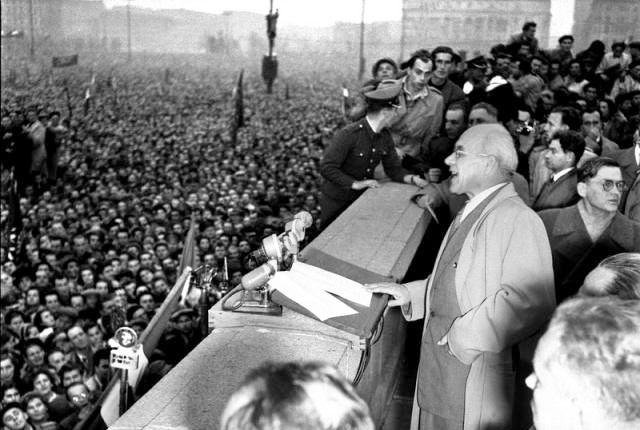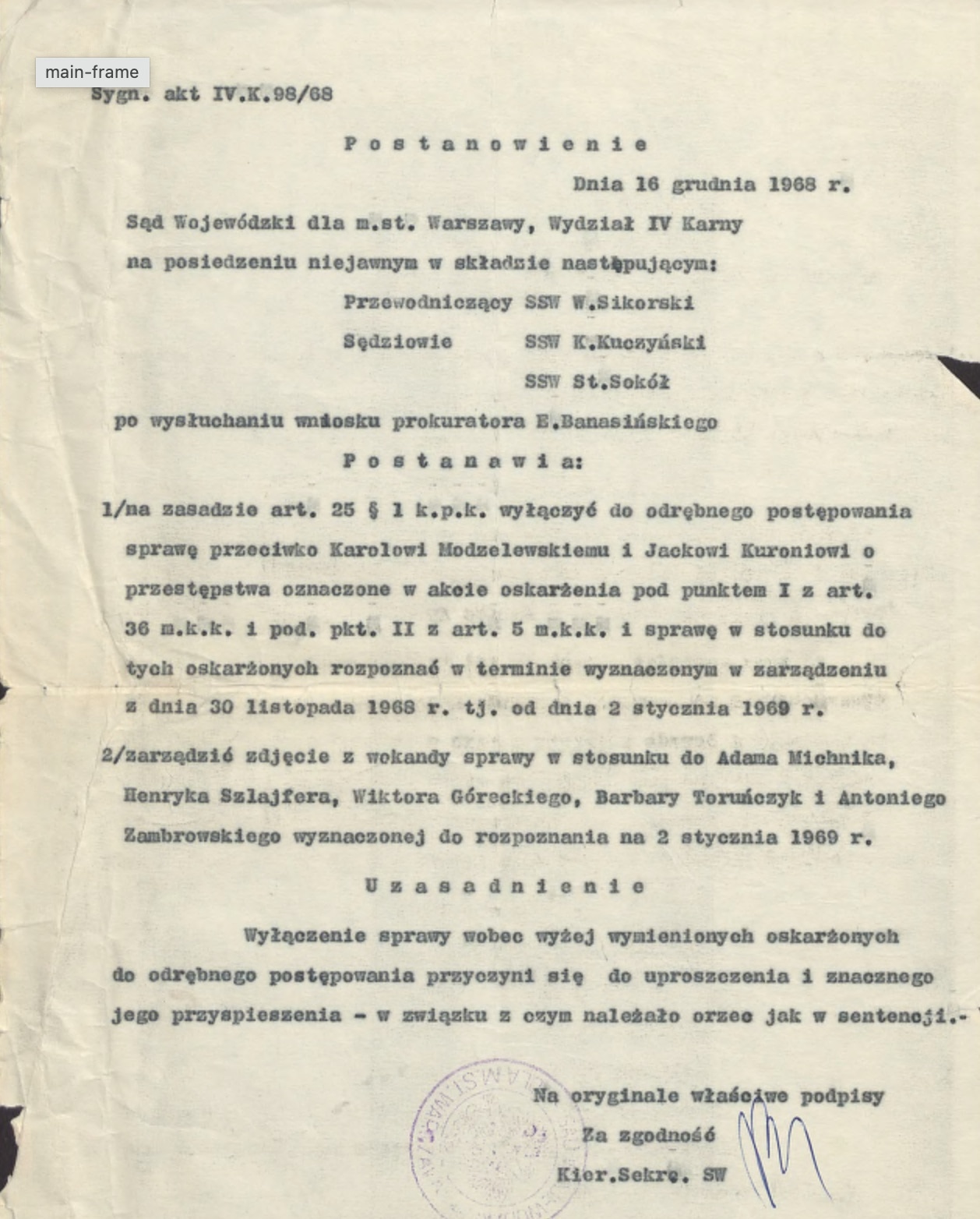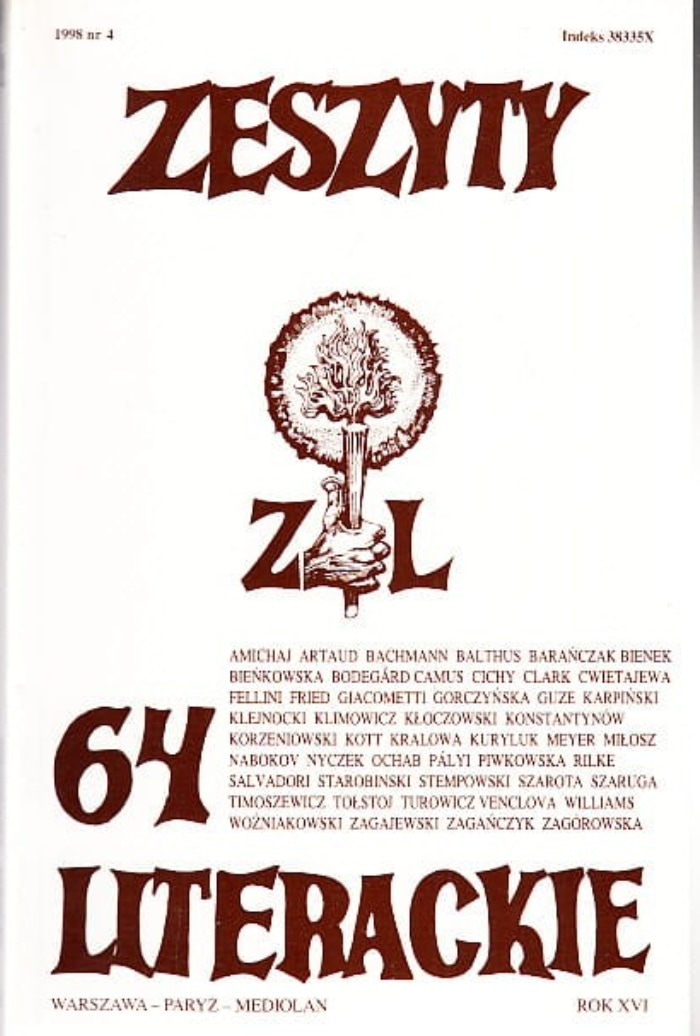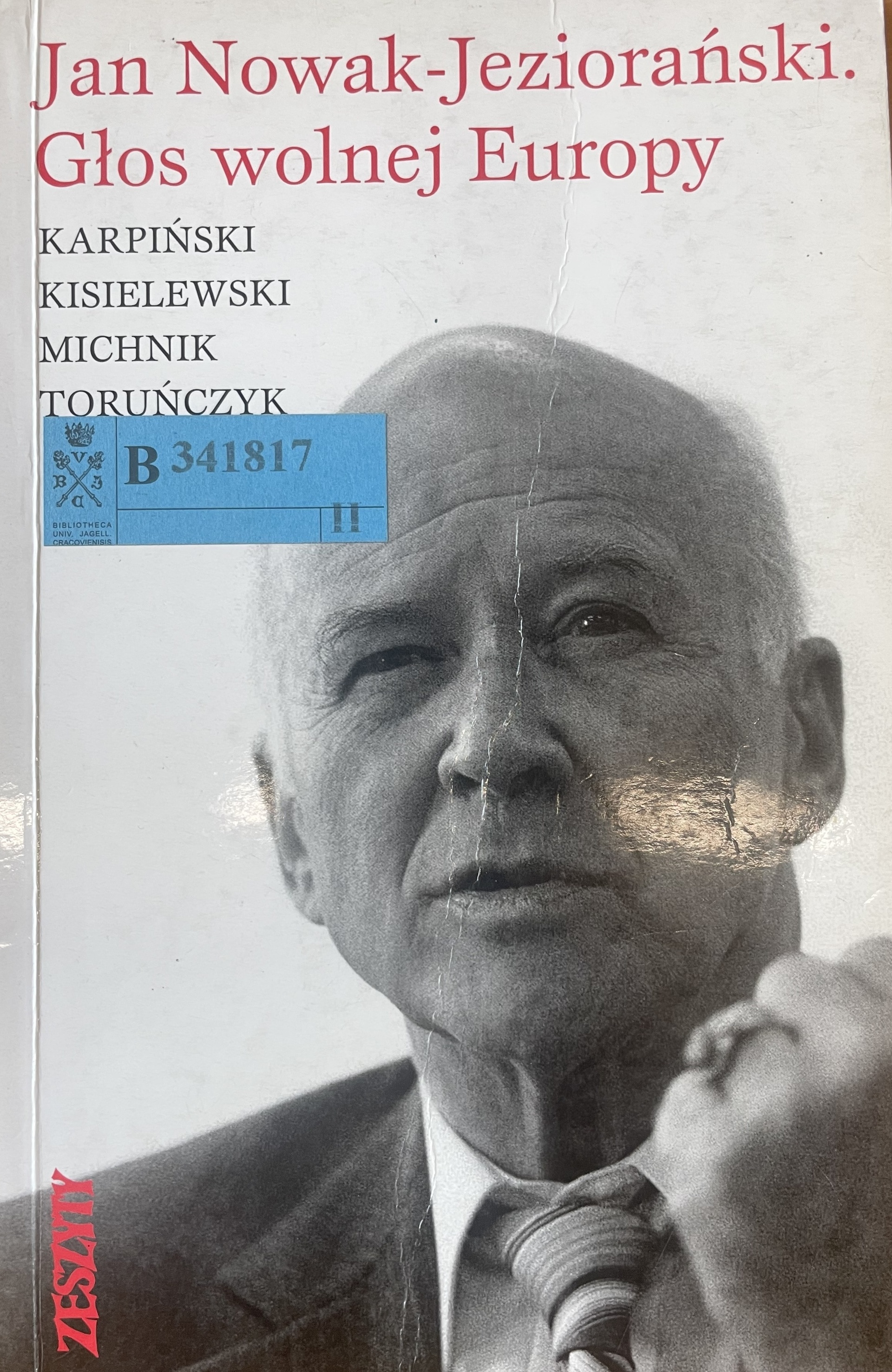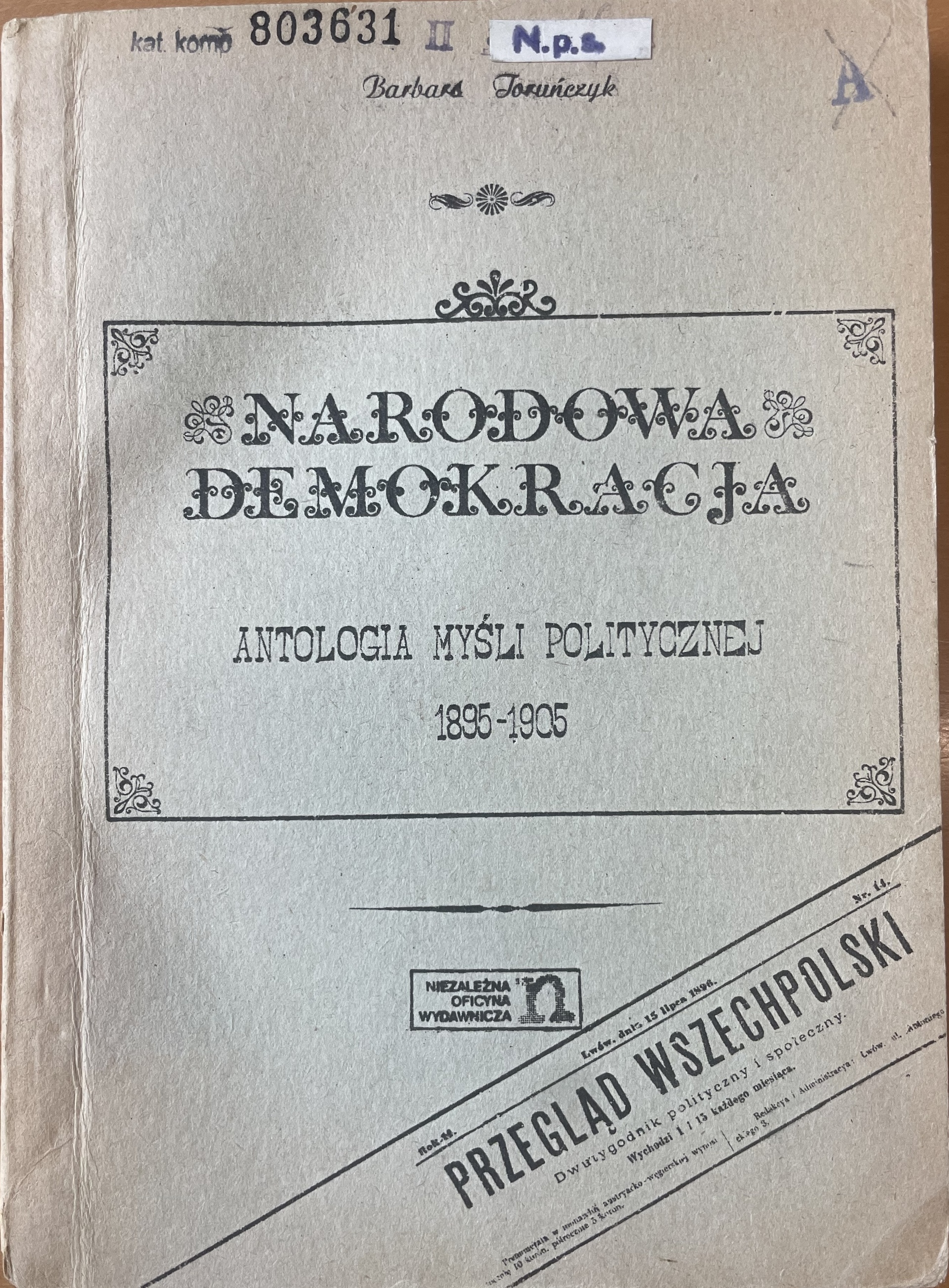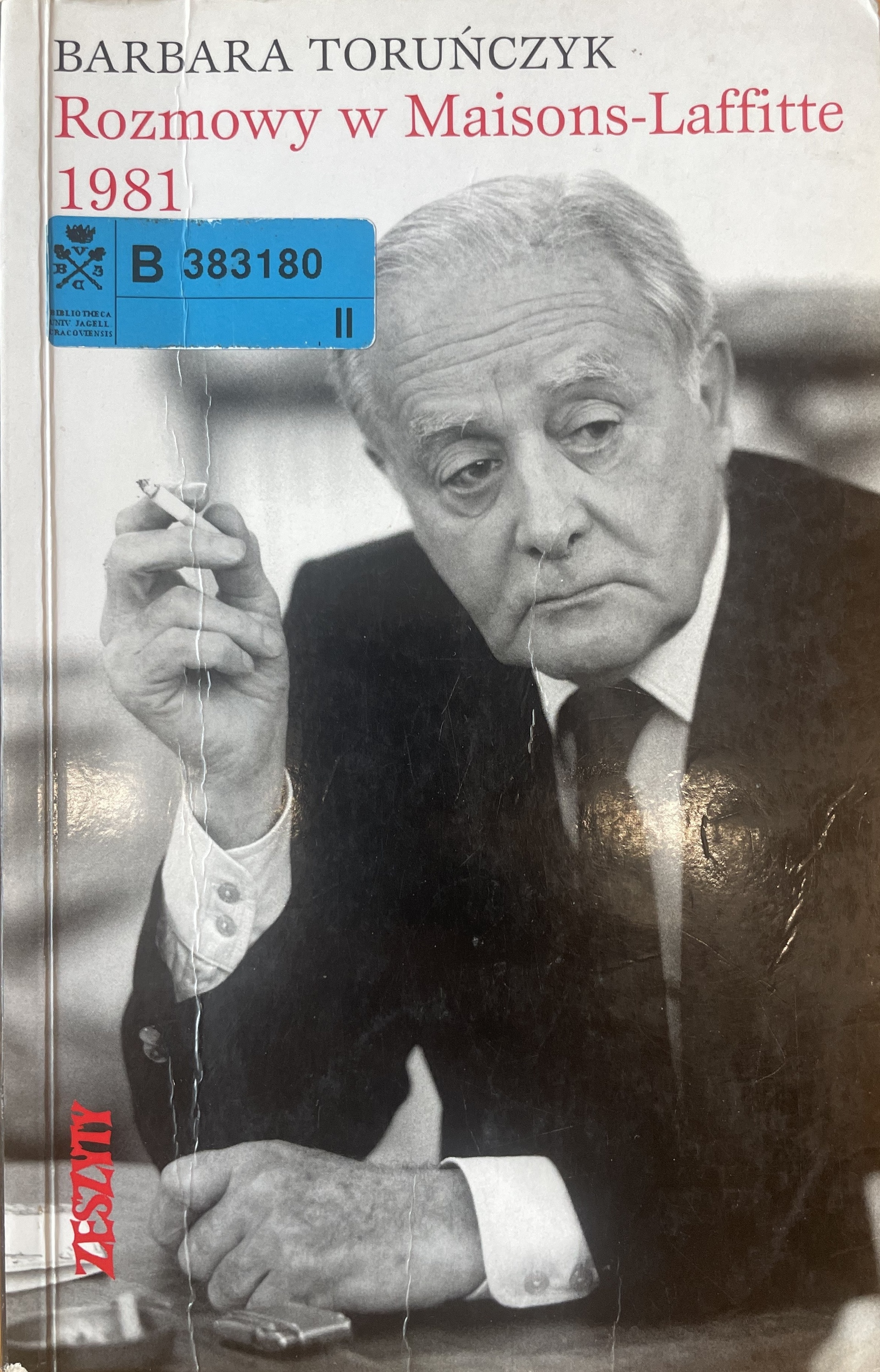Barbara Toruńczyk was born into a family of intellectuals who were activists deeply committed to the ideals of communism. Her father, Henryk, went to Spain during his youth to fight on the side of the Republicans during the civil war (1936–1939). He spent World War II in the USSR, and in the PRL he was a member of the communist political elite. He married Roma Pawłowska, a pre-war activist of the Young Communist League of Poland. The couple had two children: a son, Adam, and a daughter, Barbara.
Barbara was raised in the spirit of faith in the ideas of communism, but already as a teenager in 1963 she started to attend the meetings of the informal Club of Contradiction Seekers, which consisted in students of Warsaw secondary schools discussing possible reforms to the existing social and political system[1]. Soon thereafter, as a student of sociology at the University of Warsaw (1964–1968), she became one of the founders of the “Commandos”, a group consisting of Polish intellectuals who initially supported Communism but who would later become its main critics and, starting in 1968, the core of the democratic opposition.[2] The “Commandos” owed their name to their sudden interferences at propaganda lectures organised by the University of Warsaw. They would slip in unnoticed and formulate uncomfortable questions about the condition of the Polish state that the lecturers very frequently could not or did not want to answer.
As Barbara Toruńczyk recalls: We wanted to actively influence the intellectual life of the university, and to support the atmosphere of the October changes.[3] Our guru was Leszek Kołakowski, who used to say that he did not care about any survival strategy, that you had to say what you thought. Of course, we were aware that we were pushing the limits tolerated by the authorities.[4]
[1] A. Machcewicz, Barbara Toruńczyk, [in:] Opozycja w PRL. Słownik biograficzny 1956-89. Vol. 1, ed. J. Skórzyński, P. Sowiński, M. Strasz, Warszawa 2000, p. 350.
[2] Members of that group included Adam Michnik, Seweryn Blumsztajn, Irena Grudzińska, and Jan Lityński.
[3] The transitions of October 1956 started with election of Władysław Gomułka as First Secretary of the PZPR. The first years of his rule went down in history as the so-called “Polish thaw”, during which censorship was partly abolished and civil liberties were extended.
[4] Cited after: A. Machcewicz, op. cit., p. 350.

